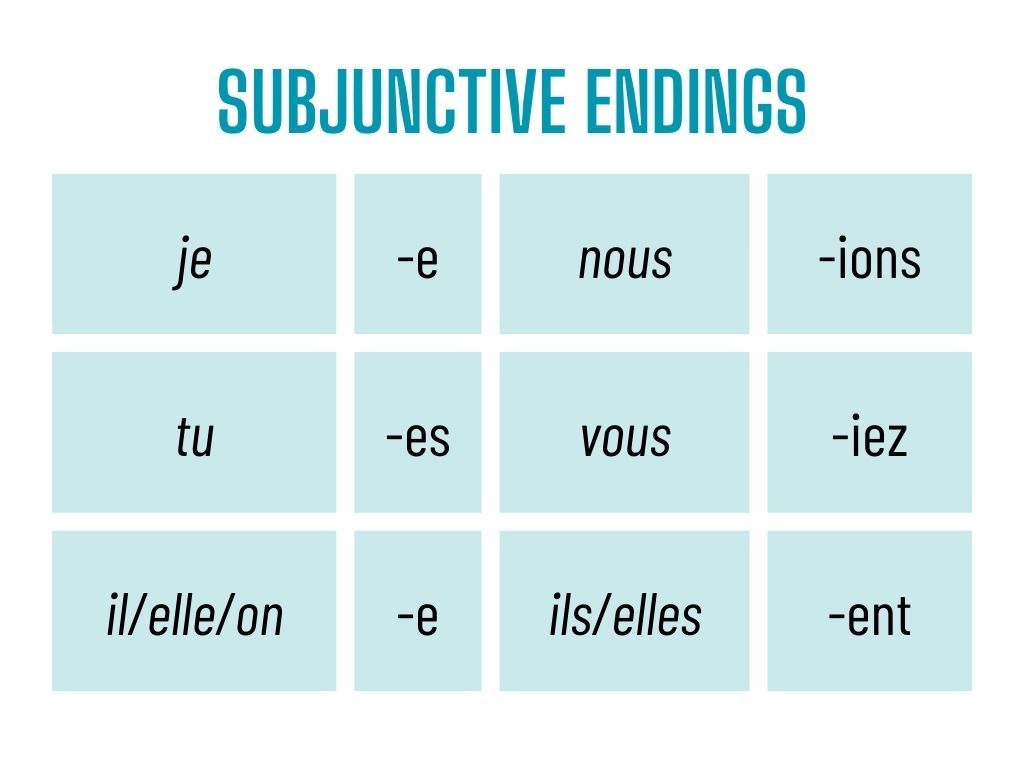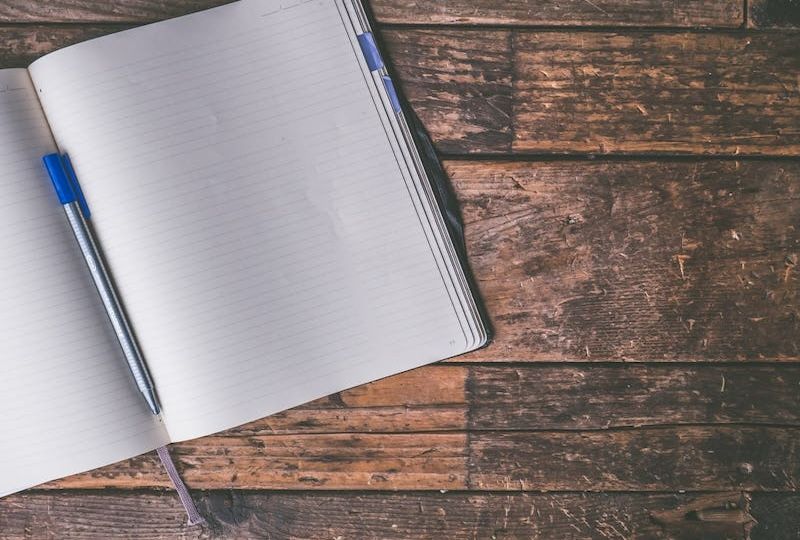How to Master the Dreaded Subjunctive in French

When it comes to learning a language, everyone has different favorite subjects and preferences. Some people love vocab lists and hate listening comprehension; some love studying new grammar aspects and hate speaking. There are so many different things that come into play when learning a language that it's hard not to have a favorite subject and a least favorite subject. Amongst French learners, however, there seems to be one subject that is hated by all: the subjunctive.
As you start your French learning journey, it's okay to not know every single verb tense. No one expects that of you! However, as you progress in your studies, you will need to learn more difficult concepts. This includes the subjunctive. After all, if you want to master French, you'll first need to master its most hated verb tense.

What is the Subjunctive in French?
The subjunctive is more of a case than a tense when it comes to the nitty-gritty, how-does-it-work technicalities. It isn't used to express a moment something occured like the present or the many French past tenses. Instead, it is used to express a level of uncertainty or a feeling such as desire, doubt, judgement, possibility, or necessity.
Now, what does this mean? Can't you just use vouloir, douter, or avoir besoin? You absolutely can, but the subjunctive is necessary for forming certain phrases such as "It's possible that..." (c'est possible que...) and "It's necessary to..." (c'est nécessaire que.../il faut que...). Some verbs are simply "trigger" verbs and require the subjunctive regardless of what "feeling" or certainty level that you're trying to express. LawlessFrench.com has a good list of verbs that usually trigger the subjunctive.
I know. It doesn't seem all that straightfoward. And really, if there's an easier way to say something, why would you bother learning the hard way? If you're just starting out on your language learning journey, feel free to ignore the subjunctive until later on in your studies. If you've been learning French for a while now, though, then it's time to get a little more advanced in your ability to form and understand sentences. I'll walk you through it.

How to Form the Subjunctive in French
While the subjunctive is more of a case than a tense, it will conjugate just like any other French verb tense. You'll have a stem and the conjugation endings that change according to the subject. The good news is that unless a verb is irregular, the endings will always be the same. Verbs that end in -ir will have the same endings as those that end in -er or -re. This is great news as it means you don't have to worry about what the ending will be depending on how the verb is spelled.
To form the subjunctive, take the regular present ils form of the verb and find the stem: ils finissent. Remove -ent: finiss-. Add the subjunctive endings using the table below.

Irregular verbs are pretty consistent across cases, so the odds are high that if a verb is irregular in the present tense, then it will be irregular in the subjunctive. Here is a list of the most commonly used irregular verbs and their subjunctive form:
- être > sois, sois, soit, soyons, soyiez, soient
- boire > boive, boives, boive, buvions, buviez, boivent
- faire > fasse, fasses, fasse, fassions, fassiez, fassent
- voir > voie, voies, voie, voyions, voyiez, voient
- savoir > sache, saches, sache, sachions, sachiez, sachent
- avoir > aie, aies, ait, ayons, ayez, aient
- aller > aille, ailles, aille, allions, alliez, aillent
- devoir > doive, doives, doive, devions, deviez, doivent
To find the conjugation of other irregular verbs or simply to check if you've conjugated a verb correctly in the subjunctive, use WordReference's conjugation tool to see complete conjugation tables for any verb.
Before you can worry about it, here's another quick note on conjugation: French reflexive verbs are only irregular in the subjunctive if they're irregular in other tenses. To conjugate them in the subjunctive, you simply follow the same steps as a regular verb and ensure that you keep the reflexive aspect the same (ie. me for the subject je). There is no special step for them.
The other important aspect of forming the subjunctive is this: There must always be two different subjects. You cannot use the subjunctive in a sentence with only one subject like "I want to go to school". In such a sentence, you simply keep the second verb in the infinitive: je veux aller à l'école. With impersonal phrases such as il faut, this isn't usually an issue.
One last thing to remember in forming the subjunctive is that there must always be que or qui. This will begin the subjunctive clause.
Important: Using que or qui does not automatically make a sentence subjunctive. In most situations, they will be followed by another indicative tense (present, past, or future). When used in these specific situations or with certain verbs, however, they will be followed by the subjunctive.

Putting the Subjunctive Into Practice
Okay, so now you know the basics of forming the subjunctive. Let's talk about using it.
It's unlikely that you'll use the subjunctive very often, but it may appear every now and then in conversation so it's important that you know how to listen for it and understand. If you're unsure whether a sentence will require the subjunctive, you can either rephrase your sentence so that you are sure it won't or you can try it anyway. When speaking with a Francophone person, they can tell you if the subjunctive is correct in that situation or not. Don't expect an explanation for why or why not, though; most native French speakers won't be able to give one.
When you're just getting used to using the subjunctive, pick a few phrases and use them regularly. Instead of saying "J'ai besoin d'aller au magasin, rephrase your sentence into "Il faut que j'aille au magasin". Both sentences will more or less mean the same thing — "I need to go to the store" — but you'll be able to practice the subjunctive in the second one.
Even if you're just talking to yourself outloud at home, practice using the subjunctive with the following phrases:
- Il faut que tu... (It is necessary for you to...)
- Je ne suis pas certain que... (I'm not sure that...)
- C'est possible que... (It's possible that...)
- Elle n'aime pas que vous... (She doesn't like that you...)
Try using different subjects and verbs so that you can really practice conjugating the subjunctive and use the conjugation tool above to double check your work afterward. It doesn't matter if the full sentence isn't perfect; take this time to focus primarily on the subjunctive and how it works.

So How Do You Know For Sure When to Use the Subjunctive?
All in all, knowing when the use the subjunctive is half studying and half developing an ear for it. You can study a textbook all you want, but if you don't expose yourself to it by practicing French listening comprehension, then you won't learn it nearly as fast or as well. The more you listen and learn, the easier it will be for you to use confidently.
